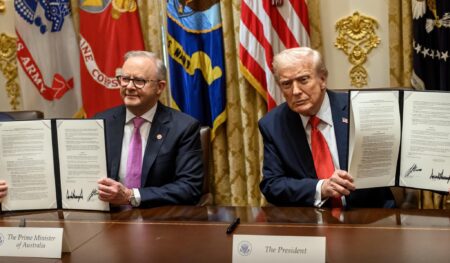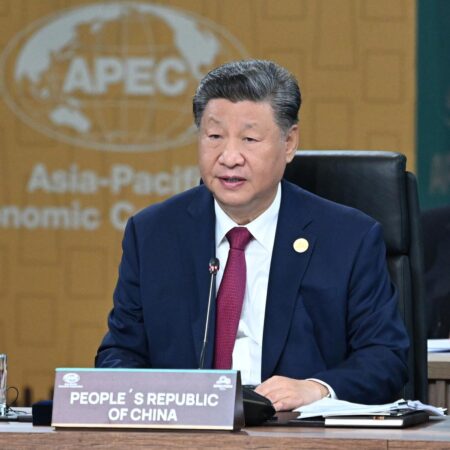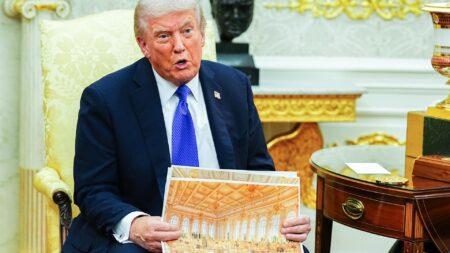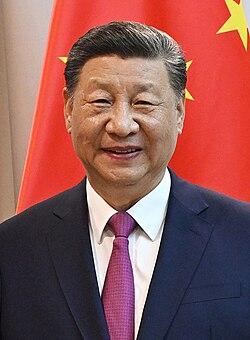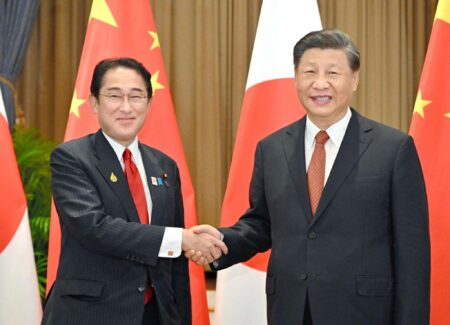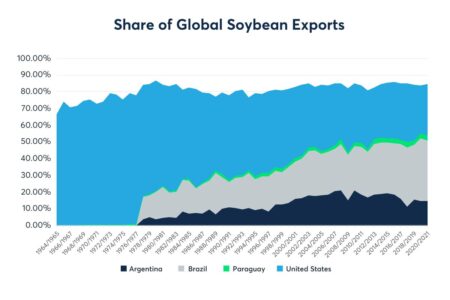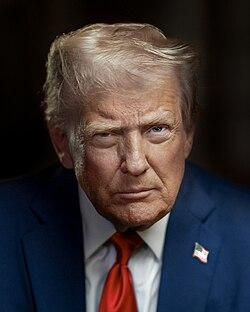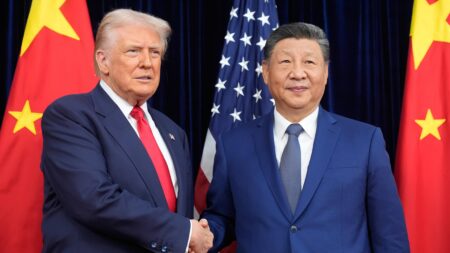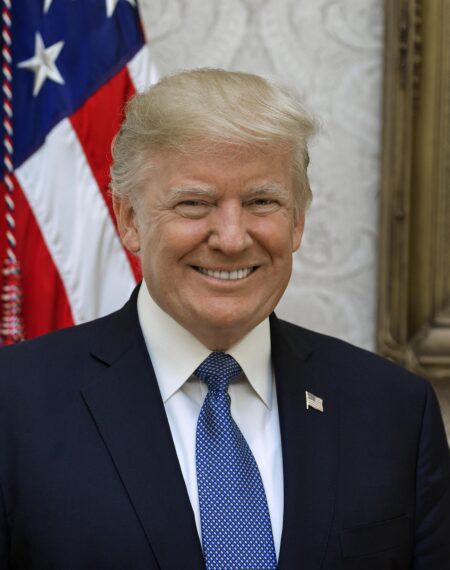The son of a top Chinese billionaire has just stepped down as chairman of Sany International, marking a significant turning point in the leadership of the global construction equipment powerhouse, Forbes reports
Browsing: China
China and Italy united for the 12th Joint Meeting of the Government Committee, determined to strengthen their bilateral ties, expand economic collaboration, and explore exciting areas of mutual interest-showcasing a powerful commitment to deepening their partnership
The White House has revealed the exciting details of a groundbreaking trade agreement with China, crafted in the wake of the historic Trump-Xi summit. This landmark deal is set to ease tensions and spark a fresh era of economic partnership between the world’s two largest economies
South Korea stands at a pivotal crossroads, facing the delicate challenge of preserving its robust alliance with the U.S. while simultaneously strengthening crucial economic ties with China. All eyes are on Seoul as it navigates this intricate and high-stakes geopolitical balancing act
The US has urged ASEAN nations to take a strong stand against China’s territorial claims in the South China Sea, emphasizing the urgent importance of defending international law and preserving peace across the region, according to AP News
The US and Australia have teamed up in a bold new partnership to secure rare earth mineral supplies, determined to reduce reliance on China and strengthen their foothold in the crucial critical minerals market
China is gearing up to host the 2026 APEC meeting in Shenzhen, where it aims to vigorously propel AI collaboration among member economies, sparking a thrilling new chapter of technological innovation throughout the Asia-Pacific region
Canada’s Governor Mark Carney and China’s President Xi Jinping have taken a bold step to mend strained diplomatic ties, paving the way for renewed dialogue and deeper collaboration between their nations, Al Jazeera reports
In a recent meeting, Presidents Trump and Xi revealed a groundbreaking initial agreement aimed at easing the intense U.S.-China trade war. Although this represents significant progress, deep-rooted tensions and major challenges continue to loom between the two nations
China’s President Xi Jinping took center stage at the APEC summit, captivating attention with crucial meetings alongside key regional leaders. The forum was notably marked by a conspicuous absence-former US President Trump’s choice to skip the event highlighted shifting geopolitical dynamics
CNN explores the dynamic China-Japan relationship as top leaders meet, highlighting their bold efforts to ease deep-rooted tensions from historic conflicts. This landmark summit focuses on trade, security, and regional stability at a critical moment for East Asia
Canada’s Prime Minister Carney is preparing for a landmark visit to China, where he will sit down with President Xi Jinping. This crucial meeting is set to open an exciting new chapter in their relationship, as both leaders aim to strengthen economic ties and boost diplomatic collaboration
Brazil’s soybean exports to China may not reach the soaring heights expected in 2024, reveals Valor International. Shifting demand trends and evolving market forces are transforming the future landscape of trade volumes
BREAKING NEWS: President Xi urged Japan’s PM Takaichi to enhance communication between China and Japan, emphasizing that open dialogue is essential for strengthening their bilateral ties, Kyodo News reports
As Trump takes on trade tensions with China, a groundbreaking new expansion in Mississippi is sparking fresh hope for local farmers facing the soybean crisis, promising to boost production and breathe new life into the struggling agricultural sector
US and China have declared a truce in their ongoing tariff battle, with President Trump describing his meeting with Xi Jinping as “amazing.” This breakthrough signals a potential easing of trade tensions, igniting cautious optimism across global markets
Italy has boldly risen in unwavering support of the urgent calls to free imprisoned media mogul Jimmy Lai. The Italian government stands as a fierce defender of press freedom, vehemently condemning any actions that undermine the very foundations of democracy
American farmers are buzzing with excitement over China’s renewed commitment to purchase U.S. soybeans, igniting fresh hope for a much-needed boost in trade. However, experts caution that persistent trade tensions and ongoing market uncertainties still loom large, clouding the future outlook
Trump’s latest meeting with Xi Jinping grabbed global headlines as the two leaders confronted pressing challenges in trade and security. Stay tuned for real-time updates on this high-stakes summit and unfolding political developments
Former President Trump has ordered the Pentagon to resume nuclear weapons testing immediately-the first time in 33 years-in a bold move to counter rising threats from Russia and China, according to a New York Post report






